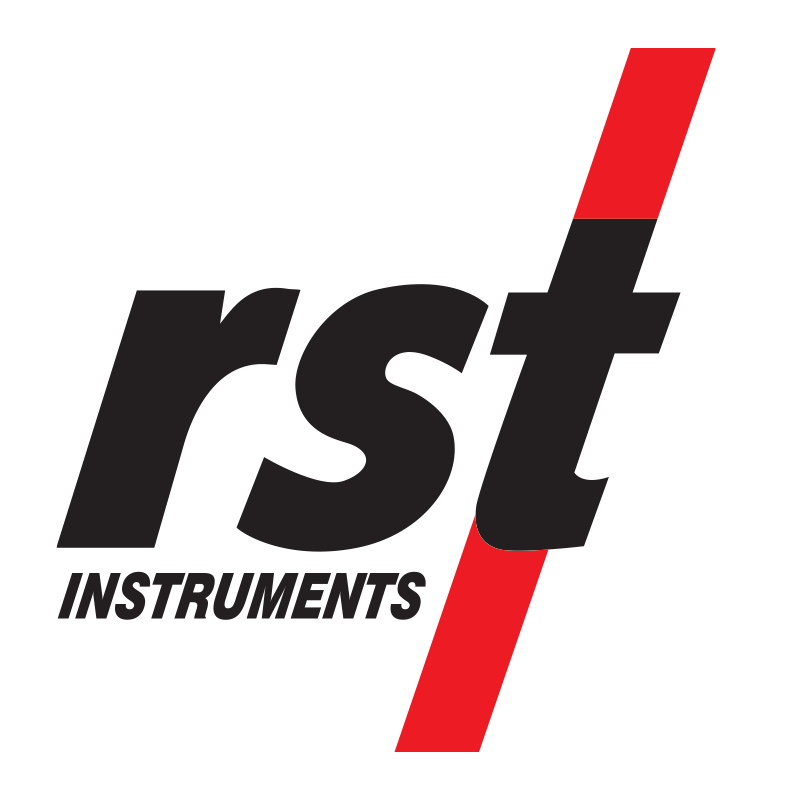
Name: Grant Taylor
Job title: Managing Director – UK
What does RST Instruments do and what areas does it specialise in?
For over 40 years, RST’s pioneering technologies have enabled iconic infrastructure projects, including ground-breaking dams, tunnels and more. From our base in Western Canada, we’ve grown a reputation for right-fit solutions that span the lifecycle of your project, from designing and building to training, installing, inspecting, and updating monitoring systems. Our 40,000 square-foot plant has the capacity, the machinery, and the skilled staff to meet long production runs, big orders, and tight schedules. That’s a legacy worth protecting.
Where are your offices located?
Our headquarters are based in Maple Ridge, Canada. Our UK office is based in Stowmarket, Suffolk.
How many people does RST Instruments employ?
RST instruments employs over 130 people.
How long have you worked at RST Instruments?
Five years. Before that, I worked for a distributor of them for about 10 years.
What is your career background, and what enticed you to work for RST Instruments?
At the time, there were a lot of changes with the company I was working for. I reached out to RST Instruments to ask if there was something we could do. Four weeks after that RST UK was set up. It was a very quick process.
What is your current role within the company and what does a typical day entail?
My current role in the company’s managing director for which is equivalent VP for rest of the world sales. But the title is managing director UK because I run the UK office. So, I wear two hats. What does the typical day look like or a typical COVID day? Because they are quite different. Typical day is emails. Meetings with customers, partners, looking at strategic kind of plays in terms of new technology, new geographical partners. I also help on some of our more technical projects from a sales perspective.
What are our RST instruments company values?
Quality. I believe it to be one of our values, I think. I think it’s important for us that people get information and the appropriate data from the systems we provide. I think I would say are at our core is delivering value on the systems that we sell. You know, it sounds cliché, but we don’t just sell the system and run. We want to make sure that people are getting data, that it’s useful. It helps with the whole instrumentation industry get a better reputation in the market. I think there’s a lot of people out there that just they sell sensors and they don’t care whether they work.
Are there any projects our achievements within RST Instruments that you’re particularly proud that you’re you’ve been a part of?
My proudest achievement is the growth that we have achieved in markets, you wouldn’t expect like Africa and Kazakhstan. One project I am quite proud of was the AECOM Bridge project that we did. There’s a case study online where we did the dynamic monitoring with strain gauges and the crack meters and laser distance meters. It was an interesting project located in Leeds.
How important is sustainability within the company?
Sustainability is important to RST from both an environmental perspective, but I think also from a sustainability of business perspective. We want to build systems that are going to be around well into the future. The sustainability of our monitoring, to give continuity through a project life cycle is important. We are one of the companies that can offer that kind of sustainable approach.
How does RST Instruments support graduates in early career professionals who are just entering the industry?
RST has got quite a young and dynamic sales team in the UK the sales team. I think the same thing could be said of Measurand. We’ve often got students going through in Maple Ridge, BC. There’s a few roles where we do employ people as part of their graduate training and the work experience.
How has COVID-19 affected the day-to-day running of RST Instruments. How have staff adapted?
I think the staff of adapted very well to a new environment where we’re all working from home. I think the impact of COVID on our organization, not traveling not doing exhibitions, has opened our eyes to newer, different ways to do business. I would say we miss the face-to-face approach with our partners and key customers. We would like to get that back to normality soon as we can because it’s great doing Microsoft Teams—and in some ways we’ve got closer to many people because Teams is the way to go, we can do monthly meetings for example—but I also feel there’s nothing like having a beer with the guy to build a relationship.
Why does RST Instruments feel the AGS is important to the industry?
I think it’s important to the UK, not only the UK, but further afield. The kind of premise of having a generalized data format for the site investigation, for geotechnical instrumentation and monitoring. As we move forwards it makes sense to have a global standard and I think the AGS committee, group if you like, is really at the forefront of pushing that. It’s very difficult to standardize an industry.
What are RST Instruments’ future ambitions?
RST Instruments’ future ambitions are to continue to strive to be the world leader in providing geotechnical and structural instrumentation monitoring solutions. Our goal is to be kind of part of the process—I wouldn’t I want to say cradle to grave—but we want to be involved from inception through to delivery and continued delivery of that service.